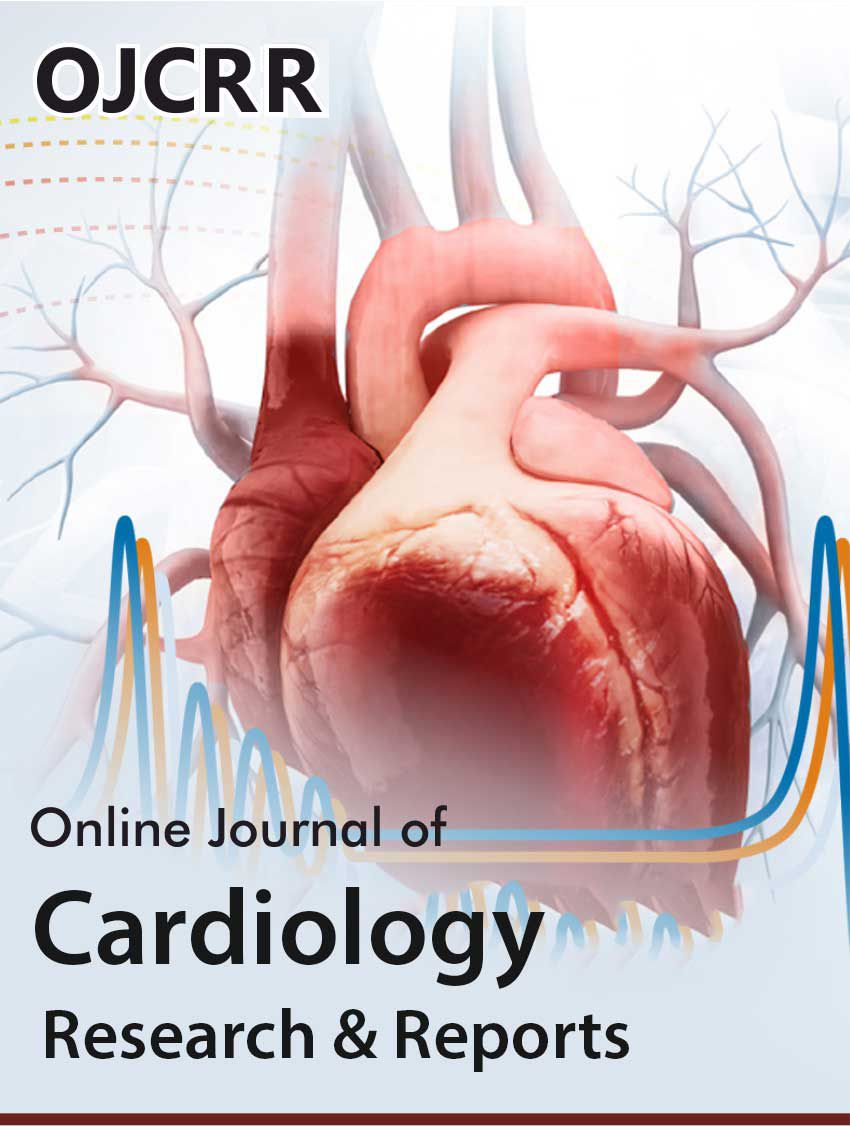 Editorial
Editorial
Chest Pain in a Patient with All Normal Cardiologic Exams Can Exclude That the Patient is Not Life- Threatening?
Huang Wei Ling*
Medical Acupuncture and Pain Management Clinic, Franca, São Paulo, Brazil
Huang Wei Ling, Medical Acupuncture and Pain Management Clinic, Franca, São Paulo, Brazil.
Received Date: February 15, 2023; Published Date: March 09, 2023
In my daily clinical practice, I constantly see patients complaining of chest pain and do routine cardiological exams, many of which come back with normal results. The phase of modern medicine we are going through today means that diagnoses are only partially correct because, after the implementation of the Flexner report in 1910, it made medical schools teach only what they see with the naked eye and thus, only this part of medicine was considered “scientific” [1]. However, everything that exists in our universe is also composed of energy, and the human being is part of this universe, and it is also composed of energy. All the alterations in energy level that happen before materializing the energy, are still not studied by the faculties of medicine and therefore, Western medicine is only studying the materialized part of the human being and the other part formed by energy (invisible by the naked eyes) is not studied yet and it is this energy part that will be the focus of this article, to know if the normal exams of a patient with chest pain, makes it life-threatening to die [2,3]. Since 2010, I have been measuring the energy of the five internal massive organs of the five elements theory of traditional Chinese medicine, such as the Liver, Heart, Spleen, Lungs, and Kidneys and each organ is responsible for producing one internal energy for our survival. The Spleen is responsible for the absorption of nutrients and the formation of Blood. All the factors that will alter the dynamics of nutrient absorption, may affect Blood production and lead to a reduced process of the energy of these organs. The Kidney is responsible for the production of Yin and Yang energy. The Liver and Lungs are responsible for the distribution of energy Qi throughout the body. The Heart is responsible for controlling the Blood flow inside the blood vessels. One organ is also responsible for an external sensory organ such as Vision is the responsibility of the Liver. Communication is the responsibility of the Heart. Sense of taste is the responsibility of Spleen. Sense of smell is governed by the Lungs, and the hearing process is commanded by the Kidney. The Kidney is responsible for several other functions written in the article by me (2022) titled What Are the Other Energy Functions of The Kidney Besides Filtering the Blood [4]? I am explaining to you some processes in the energy level studied by traditional Chinese medicine because, through the recommendations of Hippocrates (460 BCE - 375 BCE), the father of medicine, he said that “we must consider the oldest medicines before the current medical practice”. Therefore, I am emphasizing the need to study traditional Chinese medicine, which existed more than 5000 years ago, to understand what I want to describe in this article today [5].
-
Huang Wei Ling*. Chest Pain in a Patient with All Normal Cardiologic Exams Can Exclude That the Patient is Not Life- Threatening?. On J Cardio Res & Rep. 7(2): 2023. OJCRR.MS.ID.000657.





